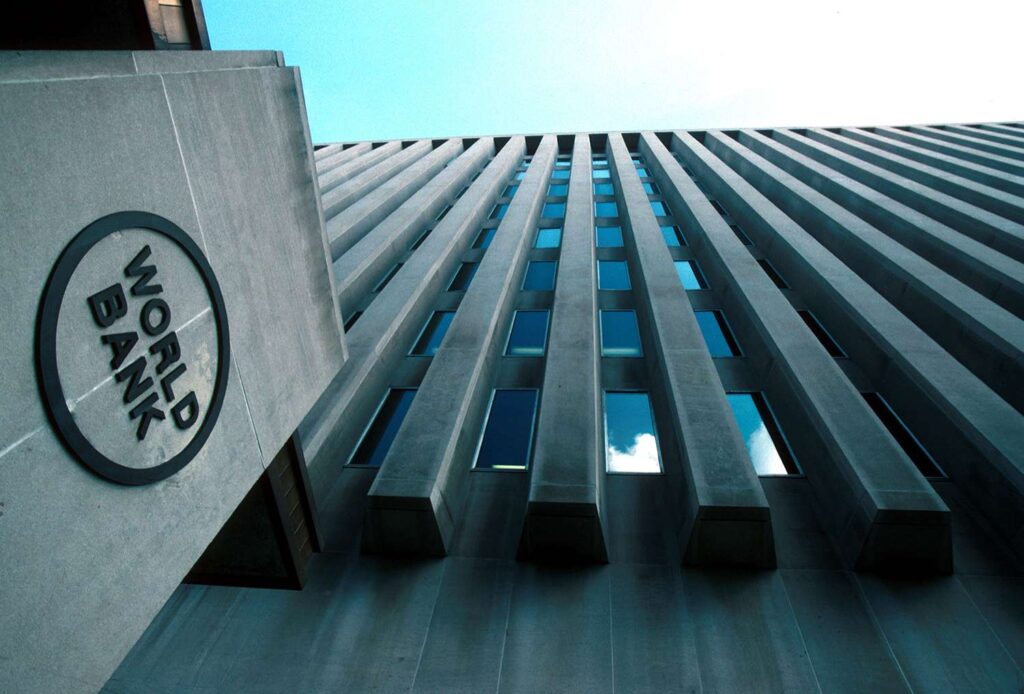The World Bank’s Lead Economist for Nigeria, Alex Sienaert, shared on Wednesday that Nigeria’s economy is anticipated to experience an average annual growth rate of 3.5% from 2023 to 2026. This positive outlook is contingent upon the successful implementation of macroeconomic stabilization reforms under the Tinubu administration, as highlighted in a report on the Nigeria Development Update (NDU). Sienaert emphasized that the year 2024 presents a pivotal opportunity for Nigeria to transition towards a more stable and predictable macroeconomic environment. The key components for this positive shift include improved access to foreign exchange (FX) and more straightforward importation of inputs, critical factors for job creation and poverty alleviation.
The report suggests that the country’s economy could witness a growth rate 0.5 percentage points higher than a scenario without the successful implementation of the mentioned reforms. This analysis is part of the 45-page bi-annual Nigeria Development Update for December 2023, titled ‘Turning the Corner: From Reforms and Renewed Hope to Results.’
The report underscores that the Nigerian government, led by President Bola Tinubu, has taken steps to avert a fiscal crisis through bold reforms. These reforms include discontinuing the gasoline (premium motor spirit, PMS) subsidy and adopting a unified, market-reflective foreign exchange rate. While these reforms are deemed essential, they have resulted in increased retail gasoline prices by an average of 163%. The report also notes that the naira has depreciated approximately 41% in the official market and about 30% in the parallel market against the US dollar.
For Nigeria to fully benefit from these reforms and navigate the challenges posed by economic adjustments, the report stresses the importance of sustaining and fully implementing the reforms, accompanied by complementary actions. The report acknowledges the recent cash transfer intervention to mitigate the impact of increased gasoline prices on the poor and vulnerable, with around 5 million households expected to be covered by the end of December 2023.
While recognizing the gains from the FX reform, the report calls for more clarity on oil revenues, particularly regarding the financial gains of the Nigeria National Petroleum Corporation Limited (NNPCL) from the subsidy removal and the impact on Federation revenues. In conclusion, the report urges continued reform momentum and coordinated fiscal and monetary policy actions to ensure Nigeria benefits from the ongoing adjustments, leading to increased fiscal space for development spending in the medium term.








More Stories
Tinubu sacks NNPCL CEO Mele Kyari, replaces him with ex-Shell MD, Ojulari
Customs commences implementation of zero tax on imported pharmaceutical inputs for two years
NNPC’s termination of Naira for crude deal with Dangote heightens FX demand, as Naira weakens